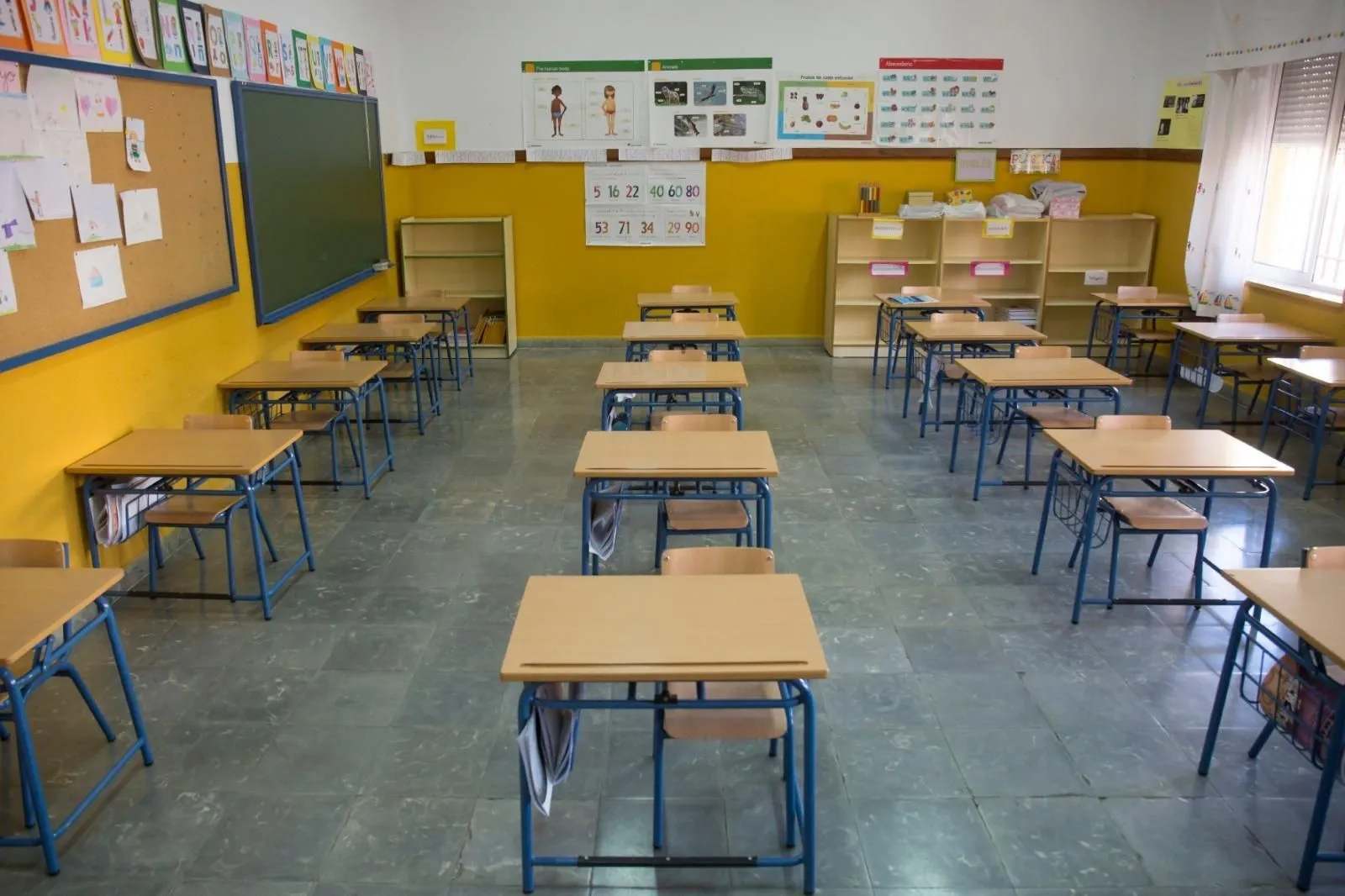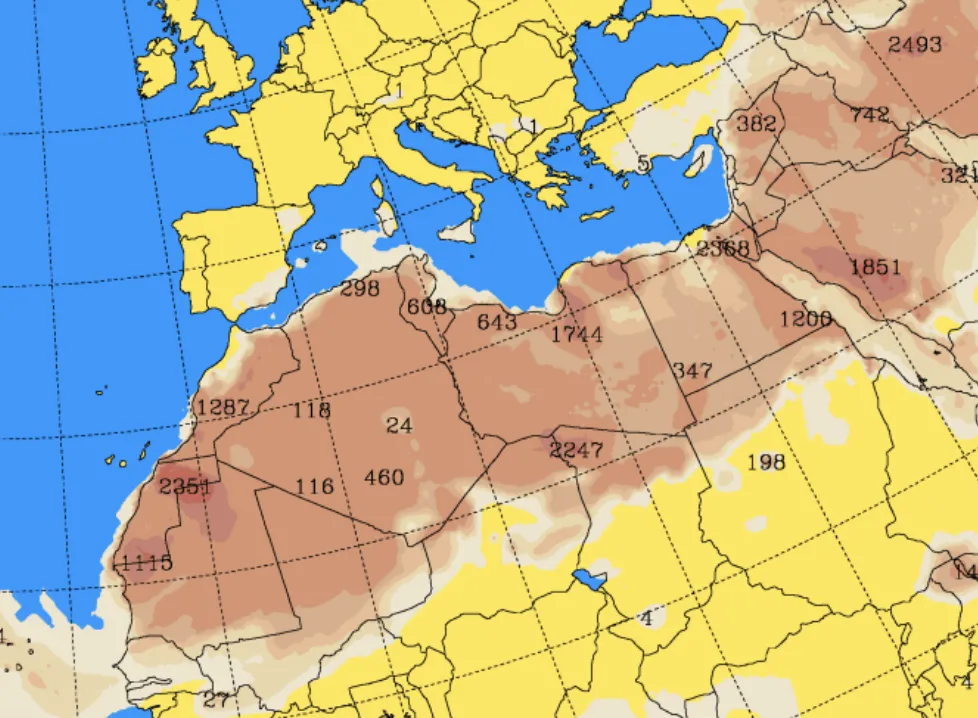With just a few days until the new school year begins, many schools in Fuerteventura have yet to fill all teaching positions
Unfilled Teaching Positions
In numerous schools across Fuerteventura, as the start of the academic year approaches, classrooms remain without assigned teachers. This situation risks leaving children without instructors from the very first week. It is not a lack of willing professionals, but rather the issue of housing, which has become an insurmountable barrier. Skyrocketing prices and limited availability have turned what should be a viable job destination into an impossible mission.
Annual Challenges for Teachers
Every September presents the same odyssey: last-minute job offers, improvised relocations, and a frantic search for accommodation. Many teachers end up in hostels, temporary residences, or even living in vehicles. Others simply resign from their positions because they cannot afford rent that consumes half of their salaries. The result is evident: empty classrooms, uncovered replacements, and students beginning the year with lost hours of instruction.
Impact of Stabilisation Processes
Adding to this precarious situation is the impact of the stabilisation process. Under Law 20/2021, the Canary Islands offered thousands of positions to reduce temporary employment in the public sector. The outcome has been a shake-up: over a thousand teachers from other regions have obtained positions in the archipelago. However, many are refusing to take up these posts because living in the Canary Islands is too expensive, and they struggle to find housing. Meanwhile, more than 500 interim teachers who worked last year in the islands are left without placements, despite some having over 20 years of experience.
A Cruel Paradox
The paradox is harsh. Local teachers, who have maintained the system for years, find themselves displaced, whereas those who have secured positions from the mainland do not always take the step to settle here. This is not a minor issue: among those affected are over a hundred interim teachers with more than five years of experience who were prioritised on employment lists. Many had limited their availability to a single island, trusting there would be sufficient vacancies, but have now been overlooked.
Specific Figures
By specialisation, the numbers are stark: 77 Primary teachers, 56 Physical Education teachers, 33 English teachers, and 42 Philosophy teachers in Secondary education currently find themselves out of work. In some cases, a teacher with two decades of experience has been displaced by one with less than a year on the list who accepted a transfer to another island.
Underlying Issues
The underlying issue is a process intended to stabilise positions, not people, and which has not accounted for the specific characteristics of territories like the Canary Islands, characterised by high levels of temporary employment and a strong reliance on interim teachers. The result has been a call effect that has disrupted internal balance, creating uncertainty, displacements, and a sense of alienation among many in the profession.
Concerns Over Work Conditions
Unions and professionals are sounding the alarm about a regression in working conditions and the quality of education. Housing costs hinder the arrival of those who have secured positions from outside, the stabilisation process displaces local interim teachers, and forced mobility undermines continuity in classrooms. All these factors adversely affect students, who see that absences are not always covered, changes are constant, and the teaching profession becomes an unstable element.
Administrative Acknowledgment
The administration acknowledges the problem but claims a lack of capacity to intervene directly in the housing market and limited responsibility in the stabilisation processes. Meanwhile, the school year begins with a paradox that undermines confidence in the system: schools without teachers not because of a shortage of professionals, but because there is nowhere for them to live, and teachers with decades of experience in the Canary Islands left without placements after a lifetime dedicated to public education.














